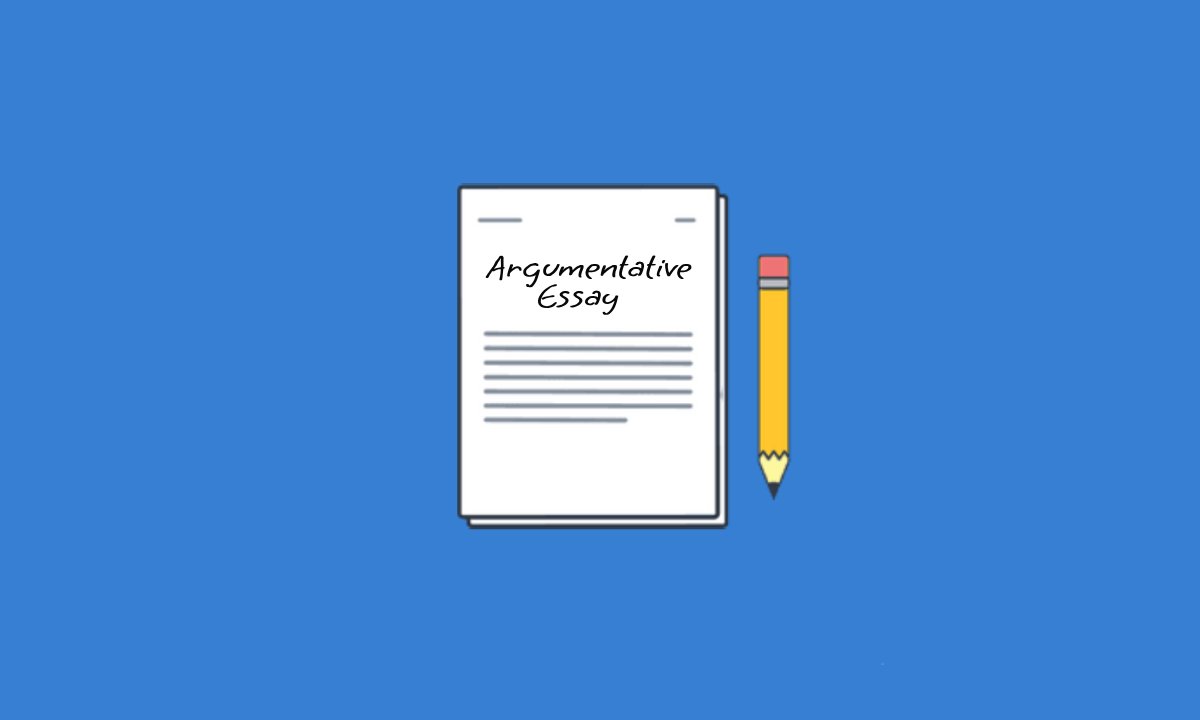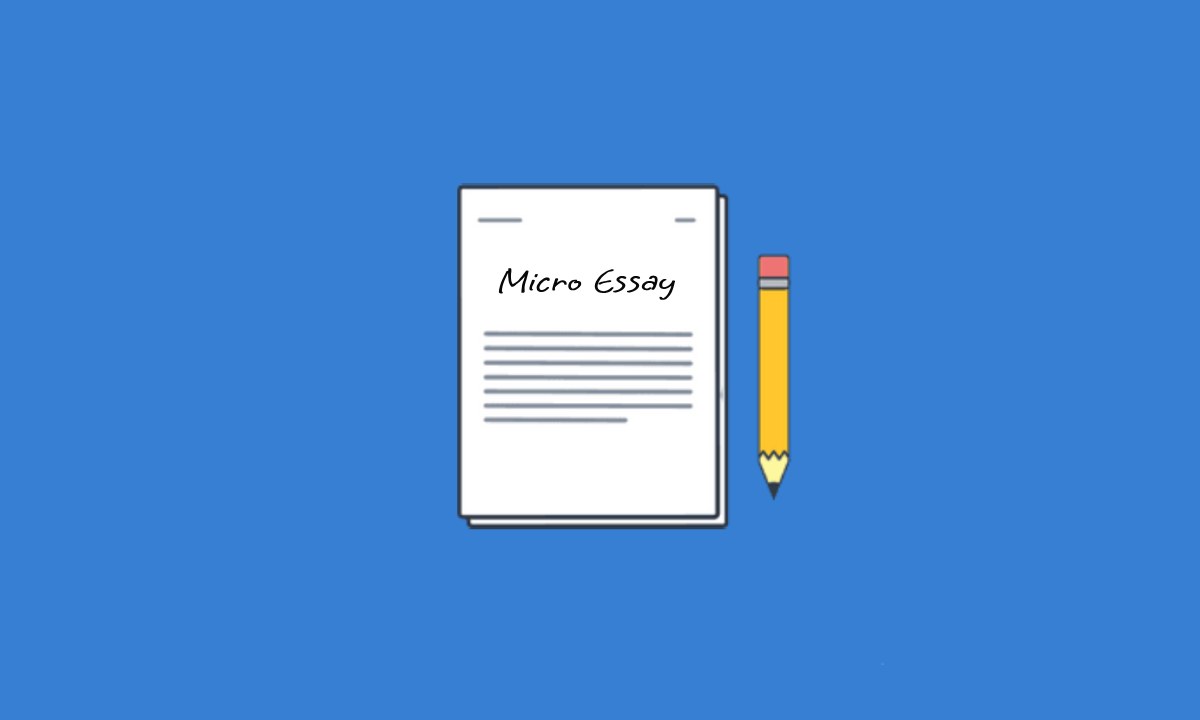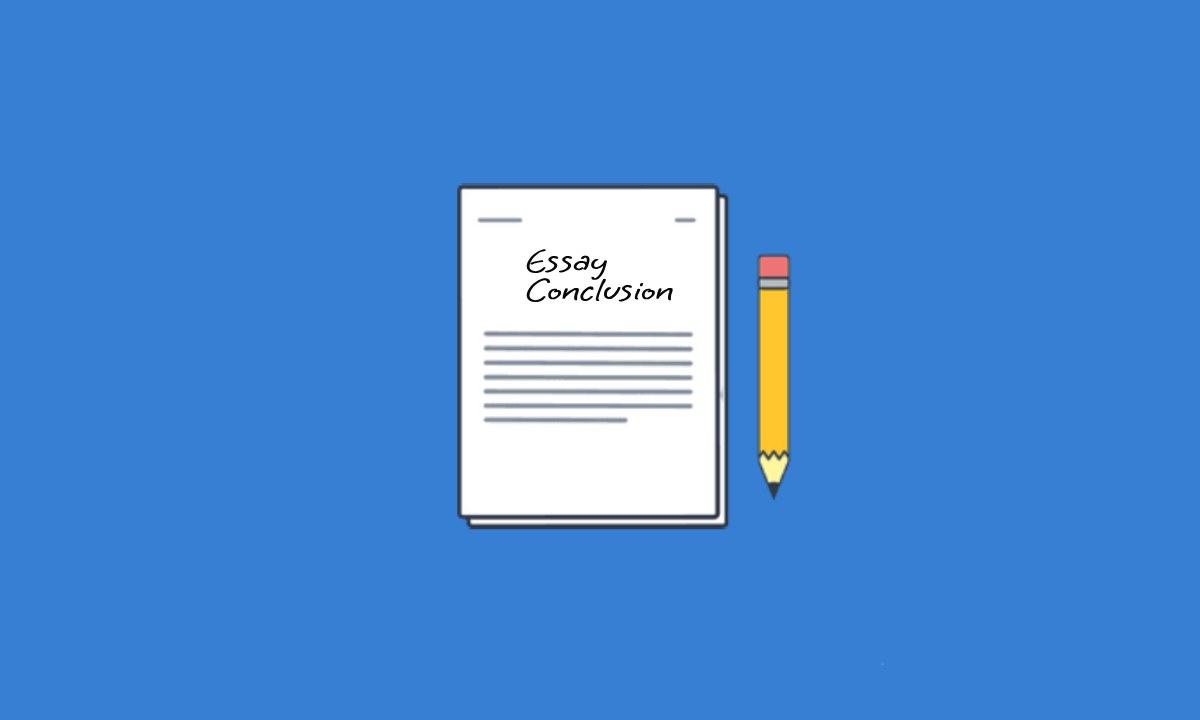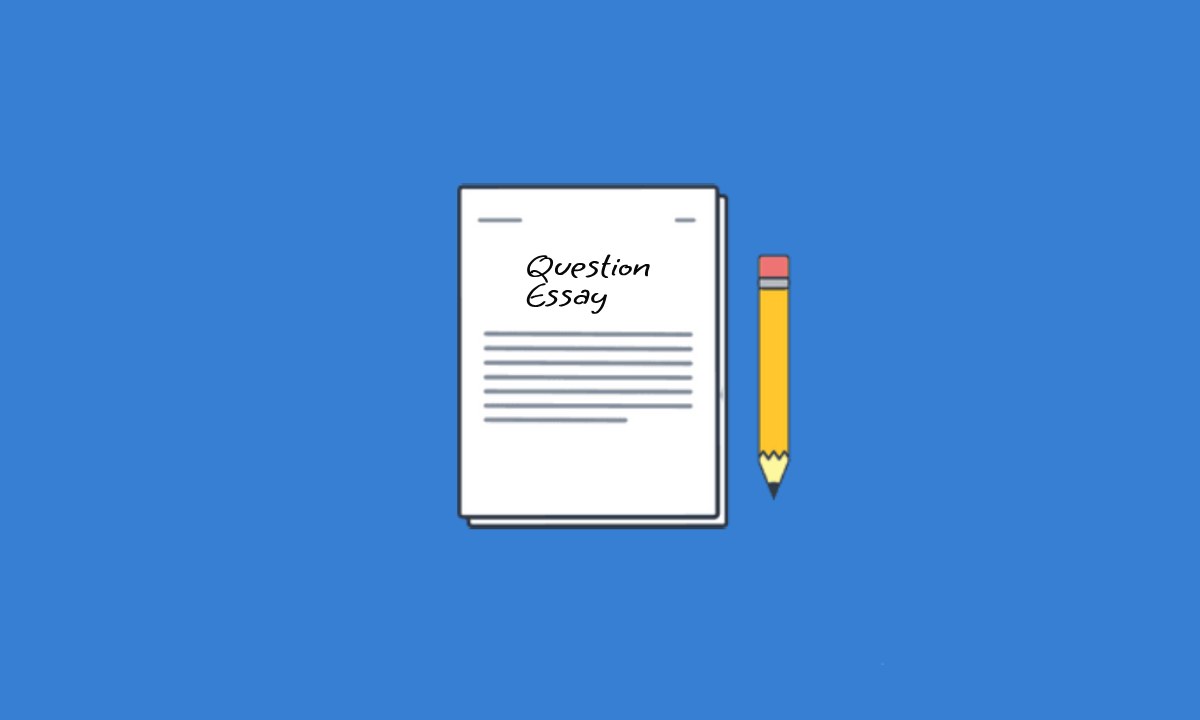What is Argumentative Essay?
An argumentative essay is a type of writing that requires the writer to take a stance on a particular topic and present evidence and reasoning to support that position. The goal is to persuade the reader to agree with the writer’s perspective or at least acknowledge the validity of the argument.
Format of Argumentative Essay:
Argumentative essay involves presenting clear arguments, supporting evidence, and a logical structure. Here is a general format for an argumentative essay:
Introduction
Hook: Start with an engaging sentence to grab the reader’s attention (e.g., a quote, question, statistic, or anecdote).
Background Information: Provide context or background information about the topic to help the reader understand the issue.
Thesis Statement: Clearly state your position on the topic. This is the main argument you will be supporting throughout the essay.
Body Paragraphs
Each body paragraph should focus on a single point supporting your argument. The typical structure of a body paragraph includes:
Paragraph 1: Point 1
Topic Sentence: Introduce the main idea of the paragraph.
Evidence: Present evidence to support the point. This could include data, quotes from experts, research findings, or real-life examples.
Explanation: Explain how the evidence supports your point and connect it to your thesis.
Counterargument (optional): Present a counterargument and refute it to strengthen your position.
Paragraph 2: Point 2
Topic Sentence: Introduce the second main idea.
Evidence: Provide supporting evidence.
Explanation: Elaborate on how this evidence supports your argument.
Counterargument (optional): Address and counter opposing views.
Paragraph 3: Point 3
Topic Sentence: Introduce the third main idea.
Evidence: Provide supporting evidence.
Explanation: Elaborate on how this evidence supports your argument.
Counterargument (optional): Address and counter opposing views.
Counterarguments and Rebuttal
Present Counterarguments: Acknowledge opposing viewpoints to show a comprehensive understanding of the issue.
Refute Counterarguments: Provide evidence and reasoning to refute these counterarguments, strengthening your original thesis.
Conclusion
Restate Thesis: Reiterate your thesis statement in light of the evidence presented.
Summarize Main Points: Briefly summarize the main points discussed in the body paragraphs.
Final Thought: End with a strong closing statement. This could be a call to action, a prediction, or a reflection on the importance of the issue.
How to Write an Argumentative Essay?
Writing an argumentative essay involves presenting a clear, well-reasoned argument on a particular topic, backed by evidence. Here’s a step-by-step guide to help you craft an effective argumentative essay:
Choose a Topic
Select a topic that is debatable, meaning there are multiple viewpoints. Ensure it is something you are interested in and have some knowledge about.
Research Thoroughly
Gather information from credible sources to understand all sides of the argument. Use academic journals, books, reputable websites, and expert opinions.
Develop a Thesis Statement
Your thesis statement should clearly state your position on the topic. It should be specific and debatable, serving as a roadmap for your essay.
Outline Your Essay
An outline helps organize your thoughts and ensures a logical flow of information. A typical structure includes:
- Introduction
- Body Paragraphs
- Conclusion
Write the Introduction
Hook: Start with an engaging sentence to grab the reader’s attention.
Background Information: Provide context to help readers understand the issue.
Thesis Statement: State your main argument clearly.
Write Body Paragraphs
Each paragraph should focus on a single point that supports your thesis. Follow this structure:
Topic Sentence: Introduce the main idea of the paragraph.
Evidence: Provide facts, statistics, quotes, or examples to support your point.
Explanation: Explain how the evidence supports your point.
Counterarguments and Rebuttals: Address opposing viewpoints and refute them.
Write the Conclusion
Restate the Thesis: Summarize your main argument.
Summarize Key Points: Briefly recap the main points of your essay.
Closing Statement: End with a strong, thought-provoking statement or call to action.
Revise and Edit
Content Review: Check for clarity, logical flow, and strong evidence.
Grammar and Style: Ensure correct grammar, punctuation, and style consistency.
Formatting: Follow the required citation style (APA, MLA, Chicago, etc.).
Example Outline of an Argumentative Essay
Below is a general format example for an argumentative essay:
Introduction
Hook: “With the rise of social media, the debate about its impact on mental health has intensified.”
Background: “Social media has become an integral part of modern life, but its effects on mental health are a topic of ongoing debate.”
Thesis: “Effects of social media on mental health, including increased anxiety, depression, and loneliness.”
Body Paragraphs
Body Paragraph 1: Positive Aspects of Social Media
Topic Sentence: “Social media provides a platform for people to connect and share experiences.”
Evidence: “Studies show that social media can enhance social connections and support networks.”
Explanation: “These connections can be particularly beneficial for individuals who are otherwise socially isolated.”
Counterargument: “However, these benefits are often outweighed by the negative impacts on mental health.”
Body Paragraph 2: Negative Impact – Anxiety
Topic Sentence: “One of the primary negative impacts of social media is increased anxiety.”
Evidence: “Research indicates that frequent social media use is linked to higher levels of anxiety and stress.”
Explanation: “The constant need to compare oneself to others and the pressure to maintain a perfect online image contribute to this anxiety.”
Rebuttal: “While some argue that social media can provide relaxation and entertainment, the overall effect on anxiety levels tends to be harmful.”
Body Paragraph 3: Negative Impact – Depression
Topic Sentence: “Social media use is also associated with higher rates of depression.”
Evidence: “A study by the American Psychological Association found that heavy social media users report more symptoms of depression.”
Explanation: “Exposure to idealized images and lifestyles can lead to feelings of inadequacy and low self-esteem.”
Rebuttal: “Although social media can offer support groups for those suffering from depression, the pervasive negative effects cannot be ignored.”
Body Paragraph 4: Negative Impact – Loneliness
Topic Sentence: “Despite its intention to connect people, social media can actually increase feelings of loneliness.”
Evidence: “Research from the University of Pennsylvania suggests that reducing social media use can decrease feelings of loneliness.”
Explanation: “Online interactions often lack the depth and authenticity of face-to-face conversations, leading to superficial connections.”
Rebuttal: “While social media can help people stay in touch, it often fails to provide the meaningful interactions necessary to combat loneliness.”
Conclusion
Restate Thesis: “In conclusion, while social media has the potential to connect individuals, it significantly contributes to increased anxiety, depression, and loneliness.”
Summarize Key Points: “The constant comparison, pressure to present a perfect life, and superficial connections are major factors in these negative mental health outcomes.”
Closing Statement: “As society continues to navigate the digital age, it is crucial to find a balance between the benefits and drawbacks of social media use to protect mental health.”
Argumentative Essay Topics:
Below are several argumentative essay topic ideas spanning a variety of categories:
Technology and Society
- Should social media platforms be held accountable for the spread of fake news?
- Is artificial intelligence a threat to human employment?
- Do smartphones contribute more to our productivity or to our distraction?
- Should there be stricter regulations on data privacy for tech companies?
- Is technology making us more socially isolated?
Education
- Should college education be free for everyone?
- Is the traditional classroom model outdated in the digital age?
- Are standardized tests an accurate measure of student ability?
- Should schools include mental health education in their curriculum?
- Is homeschooling better than traditional schooling?
Environment and Sustainability
- Is climate change the greatest threat facing humanity today?
- Should governments enforce stricter regulations on single-use plastics?
- Can renewable energy sources completely replace fossil fuels?
- Is it ethical to prioritize economic growth over environmental protection?
- Should animal testing be banned for all consumer products?
Politics and Government
- Should voting be mandatory in national elections?
- Is a two-party system beneficial or detrimental to democracy?
- Should there be term limits for members of Congress?
- Is censorship ever justified in a democratic society?
- Should governments provide universal basic income?
Health and Medicine
- Should healthcare be considered a fundamental human right?
- Is the anti-vaccination movement a threat to public health?
- Should there be restrictions on the sale of junk food?
- Are alternative medicines and therapies effective and reliable?
- Should euthanasia be legalized?
Ethics and Morality
- Is animal testing morally acceptable?
- Should the death penalty be abolished?
- Is it ethical to genetically modify human embryos?
- Do celebrities have a moral responsibility to be role models?
- Should organ donation be an opt-out system?
Media and Entertainment
- Do violent video games contribute to youth violence?
- Should reality TV shows be regulated for authenticity?
- Is censorship in media necessary to protect society?
- Do influencers have too much power over their followers?
- Should sports teams be penalized for their players’ off-field behavior?
Social Issues
- Is affirmative action still necessary in today’s society?
- Should gender-neutral bathrooms be mandatory in public buildings?
- Is the #MeToo movement beneficial for society?
- Should there be a universal basic income to address economic inequality?
- Is cultural appropriation an issue that needs more attention?
Sample Argumentative Essay:
Below is a sample argumentative essay on the topic “Should College Education Be Free for Everyone?”:
Should College Education Be Free for Everyone?
In recent years, the debate over whether college education should be free for everyone has gained significant momentum. Proponents argue that free college education is a fundamental right and a necessary step towards social equality, while opponents claim it is economically unfeasible and undervalues higher education. This essay argues that college education should indeed be free for everyone because it promotes equality, boosts the economy, and ensures a well-educated workforce.
First and foremost, making college education free promotes equality. In today’s society, the cost of college tuition is a significant barrier for many students, particularly those from low-income families. By eliminating tuition fees, we can ensure that every student, regardless of their financial background, has an equal opportunity to pursue higher education. This is crucial in breaking the cycle of poverty and providing all individuals with the chance to improve their socio-economic status. Education should be a right, not a privilege reserved for those who can afford it.
Moreover, free college education can have a positive impact on the economy. Student debt has reached alarming levels, with many graduates struggling to repay their loans. This financial burden not only affects individual lives but also has broader economic implications. High levels of student debt can lead to reduced consumer spending, delayed home ownership, and decreased entrepreneurial activity. By making college education free, graduates can enter the workforce without the shackles of debt, allowing them to contribute more effectively to the economy. Countries that have implemented free college education, such as Germany and Finland, have seen significant economic benefits and lower levels of student debt.
Furthermore, a well-educated workforce is essential for the future. In an increasingly complex and competitive global market, the demand for highly skilled workers continues to grow. By providing free college education, we can ensure that more individuals have access to the training and knowledge needed to meet these demands. This not only benefits the individual but also society as a whole. A more educated population leads to greater innovation, increased productivity, and a stronger economy. Investing in education is investing in our future.
However, opponents of free college education argue that it is economically unsustainable and would lead to increased taxes or reduced funding for other essential services. While it is true that funding free college education would require significant investment, the long-term benefits far outweigh the costs. Moreover, there are various ways to finance such an initiative, including reallocating existing funds, implementing progressive taxation, and reducing military expenditure. The success of countries with free college education systems demonstrates that it is a feasible and beneficial endeavor.
In conclusion, making college education free for everyone is a necessary step towards achieving social equality, economic stability, and a well-educated workforce. The barriers to higher education should be dismantled to allow all individuals the opportunity to succeed and contribute to society. While there are challenges to implementing free college education, the long-term benefits make it a worthy investment. It is time to prioritize education and ensure that it is accessible to all, regardless of financial background.
This essay presents a clear argument in favor of making college education free for everyone, supported by points on equality, economic benefits, and the need for a well-educated workforce.



